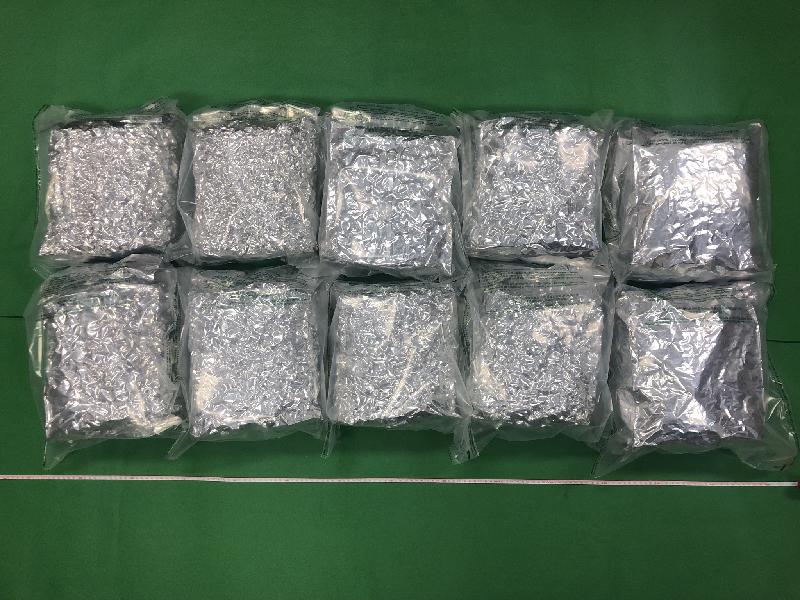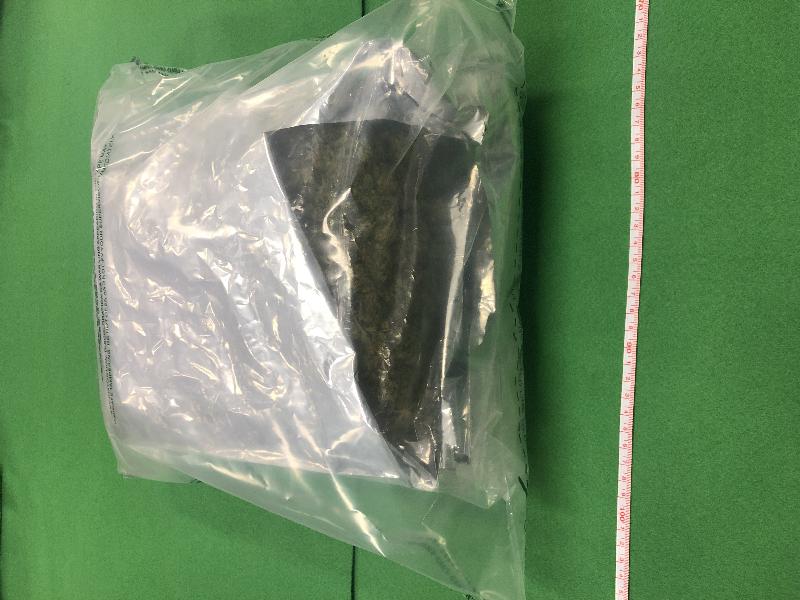Hong Kong Customs combats unfair trade practice at ginseng and dried seafood shop
Hong Kong Customs today (February 23) arrested a salesman of a ginseng and dried seafood shop suspected of engaging in unfair trade practices involving misleading omission in the sale of pearl, in contravention of the Trade Descriptions Ordinance (TDO).
Customs officers conducted a test-buy operation at a ginseng and dried seafood shop in Tsim Sha Tsui today. A salesman was suspected to have misled the test-buy officer to believe the unit price of pearl was calculated per tael. After the pearl was ground, the salesman revealed that the goods were priced per mace. The charged amount was 10 times different from expected. Customs officers then arrested the 43-year-old salesman.
Investigation is ongoing and the arrested man has been released on bail pending further investigation.
Customs reminded traders to comply with the requirements of the TDO and consumers to purchase products from reputable shops. Consumers should also be cautious about the unit price and ask for more information, including the total price of the goods selected, before making a purchase decision.
Under the TDO, any trader who engages in a commercial practice that omits or hides material information and as a result causes, or is likely to cause, an average consumer to make a transactional decision commits an offence. The maximum penalty upon conviction is a fine of $500,000 and imprisonment for five years.
Members of the public may report any suspected violations of the TDO to Customs’ 24-hour hotline 2545 6182 or its dedicated crime-reporting email account (crimereport@customs.gov.hk). read more



